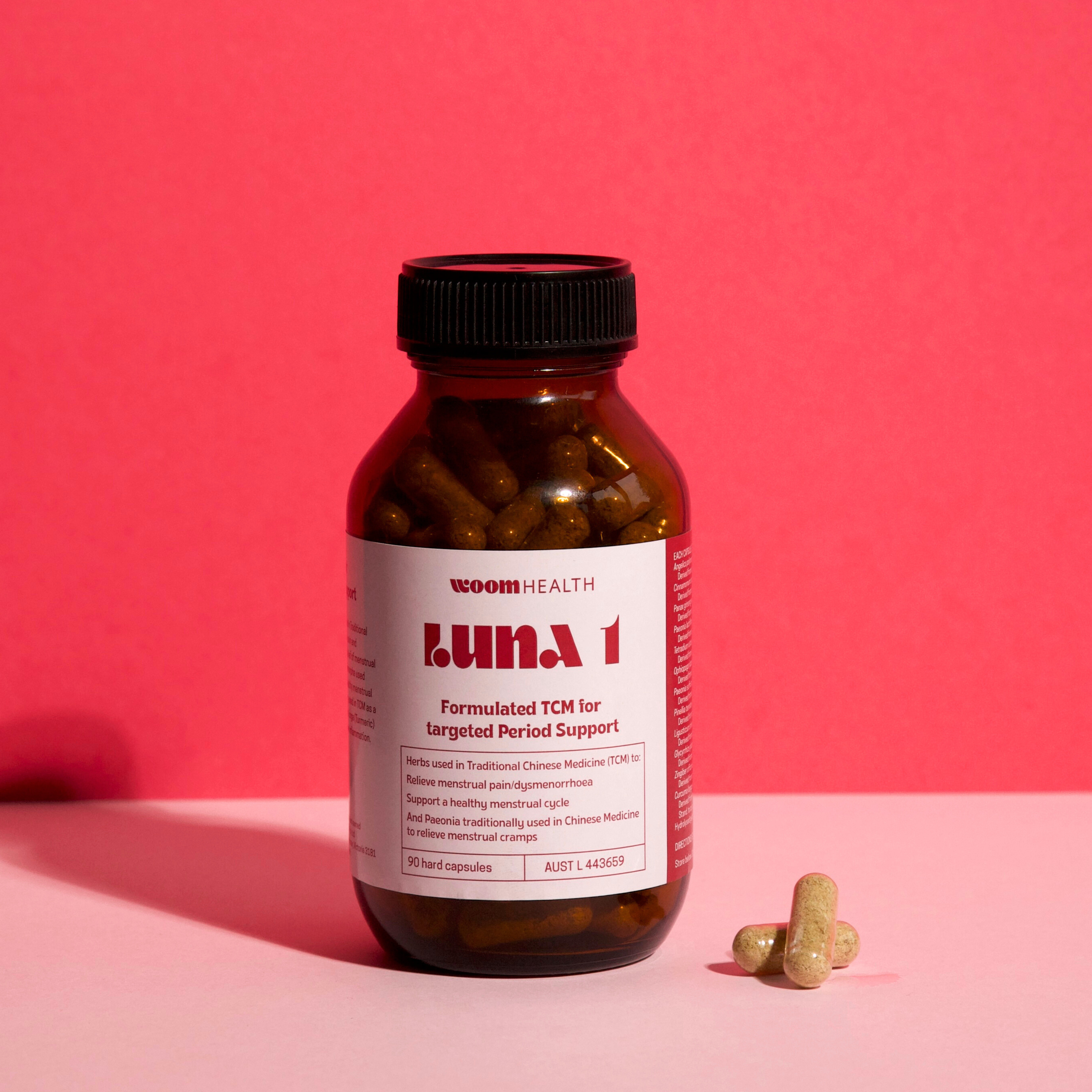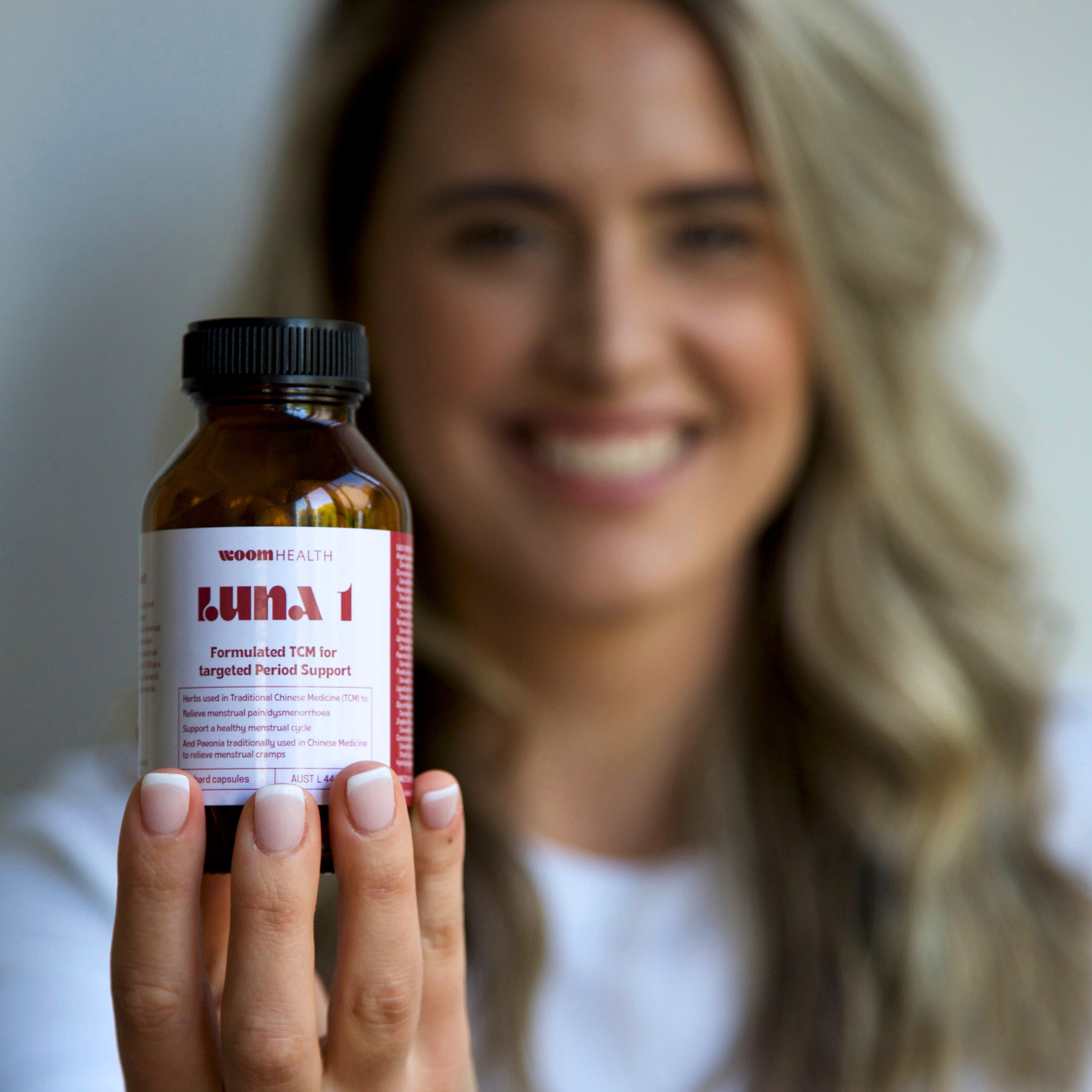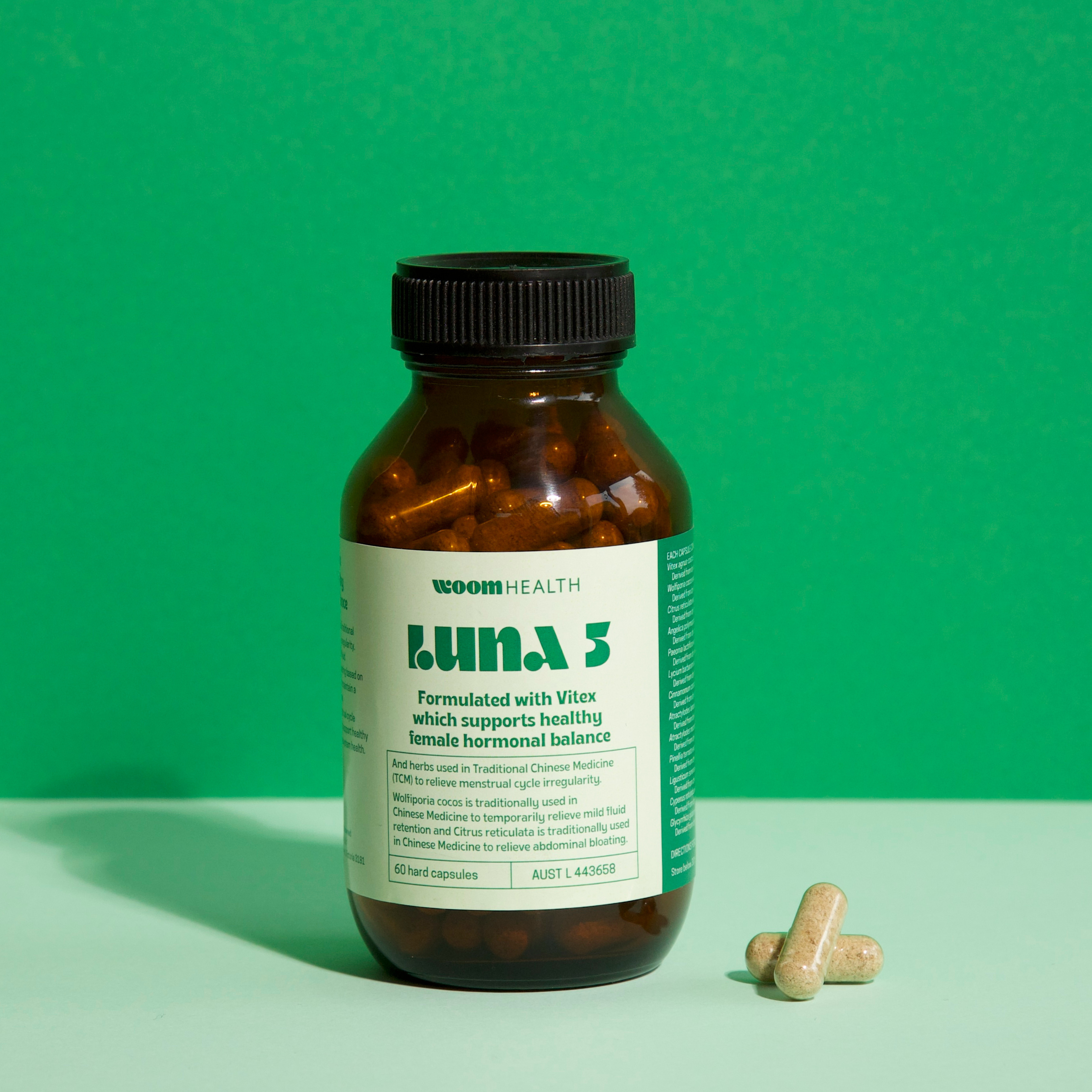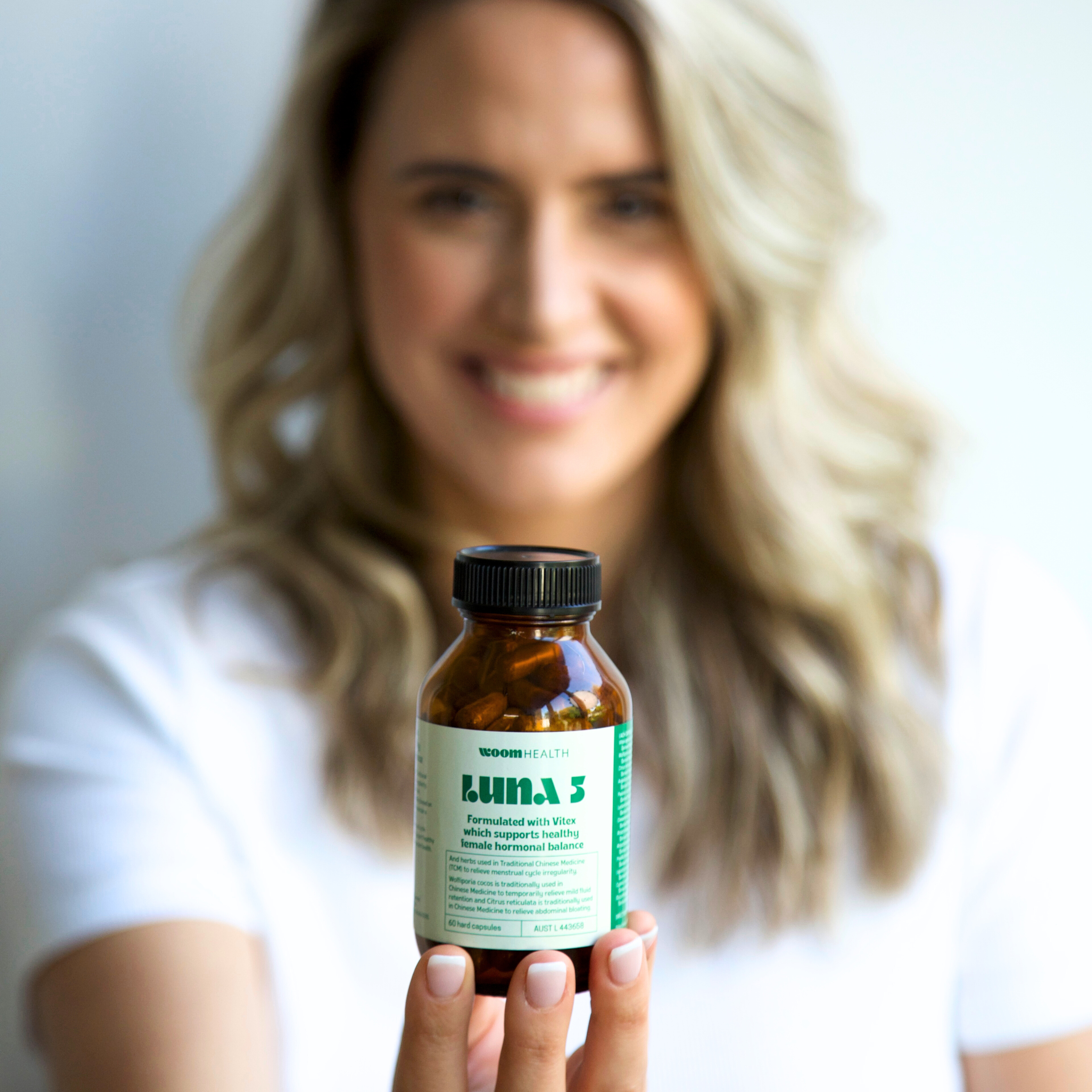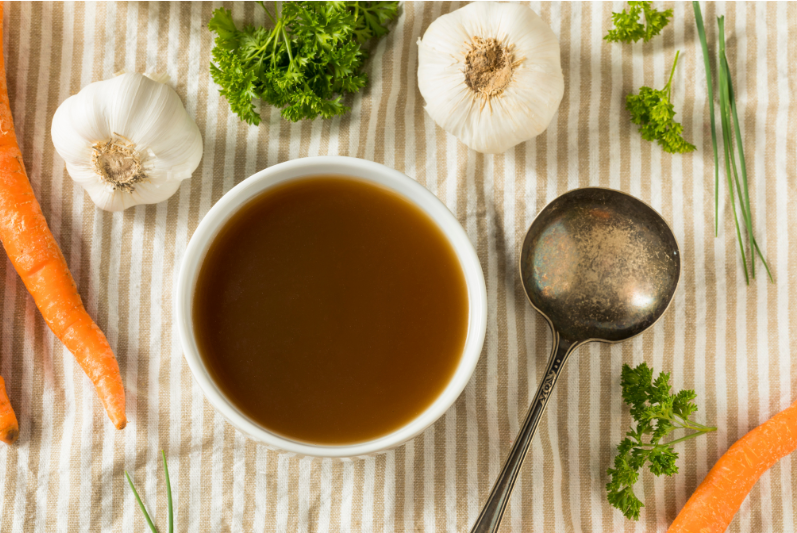Hey menstruators, did you get the Period Memo? Period Blood Clots are NOT normal.

At the beginning, nobody ever sits down and tells you EXACTLY what your menstrual bleed should be like. You know that you will bleed, you know that there will be ‘heavy days’ and ‘light days’ but beyond that, how do you know what’s normal? For example, are blood clots during your period normal? No way! So here’s the memo you’ve been waiting for!
Firstly, let’s talk ‘normal’!
A ‘normal’ menstrual cycle is anywhere from 25-35 days. It may last 3-5 days. It can be heavier in the first 2-3 days, then might be lighter for the remainder of your cycle. There is a wide range of ‘normal’ with cycles. Certain hormonal conditions can impact their regularity or even whether they come at all. So understanding your cycle is essential, to help understand what’s happening in your body, how to manage symptoms associated with your period and identify issues if they arise.
Here’s a quick cycle refresher of the cycle phases!
Menstruation
This is your bleed, the visual marker that distinguishes the first day of your period. Your bleed signifies the body is releasing and shedding the endometrial lining created during the previous cycle. This occurs when oestrogen and progesterone levels decrease and there is no pregnancy.
Follicular phase
Next, you go into the follicular phase (lasts an average of 11-17 days) where you grow a dominant follicle. As the follicles within the ovary race to mature, increasing amounts of oestrogen stimulate the thickening of the lining of the uterus known as the endometrium. These hormonal changes are responsible for increased lubrication and increase in libido and sexual desire.
Ovulation
This occurs mid-cycle in response to a series of hormonal changes. A peak in oestrogen triggers a brief surge in Luteinising Hormone (LH) with ovulation occurring within 24 hours. The dominant follicle releases an egg for possible fertilisation.
Luteal phase
This part of the cycle lasts approximately 14 days. The dominant follicle morphs into the corpus luteum, which is responsible for increasing progesterone levels. If a fertilised egg has not attached itself, the levels drop and the corpus luteum is reabsorbed and your period starts again!!
Okay, so what’s not normal?
Next item on the memo! What’s not normal. Heavy Menstrual Bleeding (HMB) and passing large clots during your bleed are NOT normal. If you experience either of these conditions, please keep reading the memo!
Why some menstruators experience period blood clots
There are many reasons why your period becomes heavier and you pass large clots. The good news is that many conditions and reasons for these symptoms are common and treatable.
Fibroids and polyps
Fibroids and polyps can grow in or attach to the uterus, causing your period to become heavier and longer than usual. There are three different types of benign fibroids, however it is a submucosal fibroid (that grows inside the uterine cavity) that mostly causes heavy bleeding and large clotting. Uterine polyps that grow on the cervix or in the lining of the uterus can also be a factor in heavy clotting. If you’re experiencing heavy bleeding, large menstrual blood clots, or lower back pain, please see your doctor or specialist to investigate.
Birth control
If you’ve recently started a new form of birth control and are passing large period blood clots, your method of birth control could be the contributing factor. Some contraceptive pills have been linked to blood clotting factors. We recommend consulting your doctor to find out if there is a history of clotting in your family. A blood test can confirm this or rule this out. Some forms of birth control, such as non-hormonal IUDS can cause heavier than normal periods and clots in menstruators. If you’re experiencing heavy clotting or bleeding talk to your doctor or practitioner. At ANP, we believe in supporting healthy menstrual cycles not ending them.
Endometriosis/Adenomyosis
Endometriosis is caused when endometriotic tissue (stroma and glands) grows outside the uterine cavity. Adenomyosis is caused when endometriotic tissue grows into the lining of the uterus. Both conditions can cause heavy clotting and bleeding during cycle. Painful periods, severe cramps and abdominal pain are often associated with heavy bleeding, flooding and clotting. At ANP we recommend you speak to a gynaecologist that specialises in Endometriosis.
Polycystic Ovary Syndrome (PCOS)
Another condition that can cause heavy period blood clots and heavier bleeding during your cycle is PCOS. Polycystic Ovary (or Ovarian) Syndrome is a common multifactorial hormonal imbalance. Multiple follicles form on the ovaries, which fail to release the egg, resulting in ovulatory issues and irregular periods.
Miscarriage
Sadly, an early pregnancy loss can lead to larger than usual period blood clots. Please see your obstetrician, doctor or emergency department if you are experiencing a miscarriage.
Thyroid condition
Your thyroid is a butterfly gland responsible for hormone and metabolic production. If it’s not functioning properly, it can wreak havoc on your cycle. Conditions such as hypothyroid and hyperthyroid can impact your flow and regularity of your menstrual cycle. To correctly diagnose your thyroid condition, your doctor should run a thyroid panel, called TSH to assess your thyroid health. At ANP, we recommend also testing your T3 & T4 hormones and your thyroid antibodies, to rule out any underlying auto-immune diseases like Graves or Hashimotos.
Tracking your cycle
If you’re worried about your period, we recommend tracking your cycle, noting down the colour of your flow, size of menstrual blood clots, number of days you bleed, regularity of your cycle and if you have any pain. It’s important to talk to an experienced specialist about your concerns so you can have the right diagnosis and get the relief you deserve.
So that’s the period memo – what’s normal and what’s not. Period blood clots are definitely in the not normal column! Please reach out to us at Woom Health if you’d like to know more about regulating your cycle. We want you to live your best life, and a healthier menstrual cycle is a great place to start.
Follow us on social and join the period myth-busting revolution.
